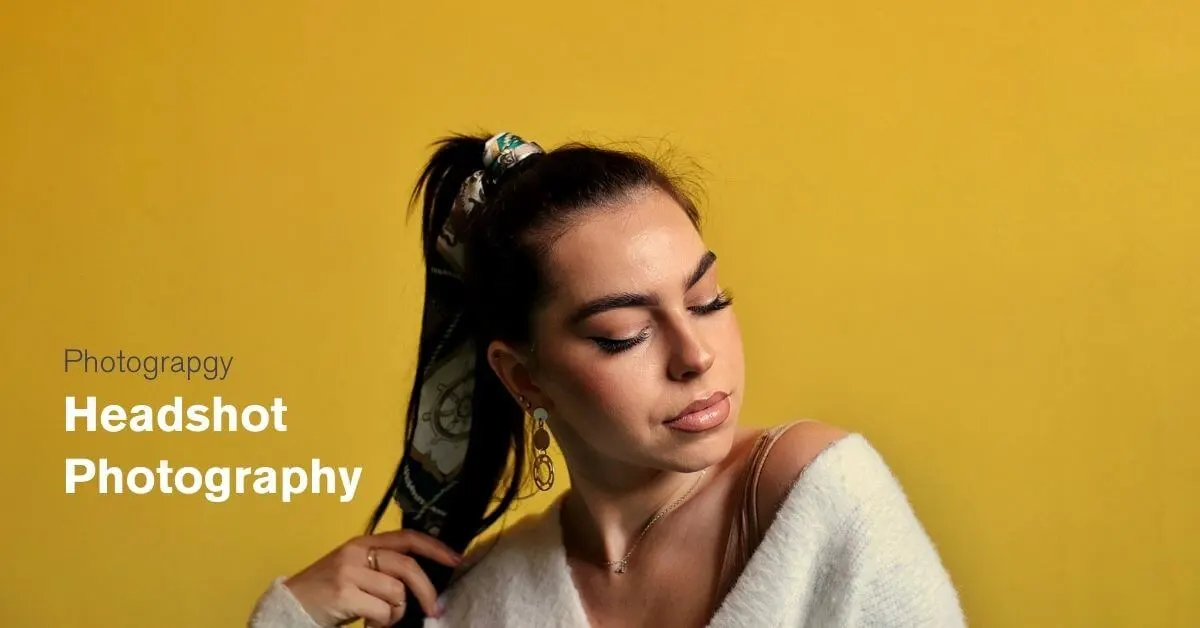The art of headshot photography continues to evolve, especially with the rising demand for professional online presence. Whether you’re photographing corporate executives, actors, or entrepreneurs, understanding the fundamentals while incorporating modern techniques is crucial for creating compelling headshots.
Essential Equipment
Camera and Lenses
The foundation of quality headshot photography starts with the right gear:
- Full-frame camera for optimal image quality
- 85mm or 70-200mm lens for flattering facial features
- Fast aperture (f/1.8 to f/2.8) for background separation
- Reliable backup equipment
Lighting Setup
Professional headshot photography demands proper lighting:
- Main light (strobe or continuous)
- Fill light or reflector
- Hair light for dimension
- Backdrop lighting when needed
Setting Up Your Space
Background Choices
- Clean, neutral backdrops
- Subtle environmental settings
- Proper distance for background blur
- Consistent color schemes
Studio Organization
- Comfortable client area
- Mirrors for self-checking
- Easy access to equipment
- Professional atmosphere
Technical Aspects
Camera Settings
Optimal settings for headshot photography include:
- Aperture: f/4 to f/8 for proper depth of field
- ISO: Lowest native for quality
- Shutter speed: 1/125 or faster
- Manual mode for consistency
Lighting Patterns
Master these essential patterns:
- Rembrandt lighting
- Loop lighting
- Butterfly lighting
- Split lighting
Working with Clients
Pre-Session Preparation
Help clients prepare for successful headshot photography:
- Wardrobe guidance
- Grooming tips
- Color coordination advice
- Scheduling considerations
During the Session
Create a comfortable environment:
- Clear communication
- Constant feedback
- Posing guidance
- Confidence building
Posing Techniques
Face Positioning
- Slight chin extension
- Natural head tilt
- Eye level adjustment
- Shoulder positioning
Expression Coaching
Guide clients to achieve:
- Authentic smiles
- Confident expressions
- Relaxed features
- Engaged eyes
Post-Processing
Basic Adjustments
Essential editing for headshot photography:
- Exposure optimization
- Color correction
- Skin retouching
- Background cleanup
Advanced Techniques
- Frequency separation
- Dodging and burning
- Color grading
- Output sharpening
Business Aspects
Pricing Structure
Develop clear packages:
- Basic headshot sessions
- Corporate group rates
- Retouching options
- Usage rights
Marketing Strategies
Promote your headshot photography:
- Portfolio development
- Social media presence
- Professional networking
- Client referrals
Common Mistakes to Avoid
Technical Errors
- Incorrect focus placement
- Poor lighting ratios
- Unflattering angles
- Over-processing
Client Interaction
- Rushing the session
- Lacking clear direction
- Missing client needs
- Poor communication
Modern Trends
Contemporary Styles
Current headshot photography trends:
- Natural light fusion
- Environmental elements
- Authentic expressions
- Minimal retouching
Digital Delivery
- High-resolution files
- Web-optimized versions
- Mobile galleries
- Quick turnaround
Conclusion
Success in headshot photography requires a blend of technical skill, people skills, and business acumen. Focus on creating a comfortable environment for your clients while maintaining high technical standards. Keep learning and adapting as techniques and trends evolve, but never compromise on quality and professionalism.
Remember that great headshot photography is about capturing the essence of your subject while maintaining technical excellence. Stay current with industry trends while developing your unique style, and always prioritize your clients’ needs and comfort throughout the process.
UX Design: Creating Meaningful Digital Experiences in 2025
Storytelling Through Animation: Essential Principles for Creating Compelling Narratives
Retro Revival: How Nostalgic Design Trends Are Reshaping Modern Aesthetics
Digital Illustration Tools for Beginners: A Complete Guide to Starting Your Digital Art Journey


